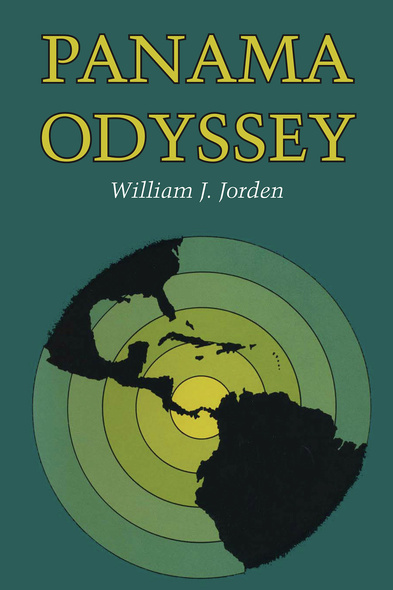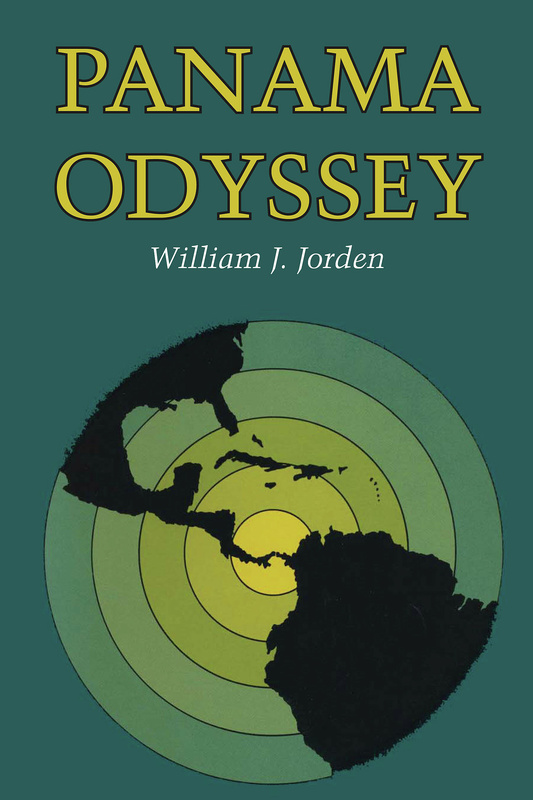The Panama Canal Treaties of 1977 were the most significant foreign policy achievement of the Carter administration. Most Latin American nations had regarded the 1903 treaty and its later minor modifications as vestiges of "American colonialism" and obstacles to any long-term, stable relationship with the United States. Hence, at a time when conflicts were mushrooming in Central America, the significance of the new Panama treaties cannot be overestimated.
Former Ambassador to Panama William J. Jorden has provided the definitive account of the long and often contentious negotiations that produced those treaties. It is a vividly written reconstruction of the complicated process that began in 1964 and ended with ratification of the new pacts in 1978. Based on his personal involvement behind the scenes in the White House (1972–1974) and in the United States Embassy in Panama (1974–1978), Jorden has produced a unique living history. Access to documents and the personalities of both governments and, equally important, Jorden's personal recollections of participants on both sides make this historical study an incomparable document of U. S. foreign relations.
Beyond the singular story of the treaties themselves—and how diplomats negotiate in the modern world—is the rare description of how the United States deals with a major foreign policy problem. How does a superpower cope with a tiny nation that happens to occupy a strategically critical position? And how does the U. S. Senate face up to its constitutionally assigned power to "advise and consent"? Once treaties are approved, does the House of Representatives help or hinder? Panama Odyssey also deals with another crucial element in the shaping of policy—public opinion: how is it informed or led astray?
In sum, this is a history, a handbook on diplomacy, a course in government, and a revelation of foreign policy in action, all based on a fascinating and controversial episode in the U. S. experience.
- Preface
- Acknowledgments
- 1. When Presidents Negotiate
- 2. Prelude to Crisis
- 3. Blood in the Streets
- 4. Breaking the Deadlock
- 5. The Orphan Treaties
- 6. Coup and Countercoup
- 7. Ships That Pass
- 8. On the World Stage
- 9. The Kissinger Principles
- 10. New Envoy to the Isthmus
- 11. Treaty Making on a Tropic Isle
- 12. Struggle behind the Scenes
- 13. The Political Ingredient
- 14. A Bitter Pill to Swallow
- 15. Generous, Fair, and Appropriate
- 16. Treaties at Last
- 17. The Battle for Two-Thirds
- 18. The Great Debate: Act One
- 19. The Great Debate: Act Two
- 20. “The President Is Coming”
- Epilogue
- Photographs and Maps
- Appendixes
- A. Tact-Rogers Principles; Tact-Kissinger Principles
- B. John Wayne’s Statement Regarding Panama Canal Treaties
- C. Treaty Concerning the Permanent Neutrality and Operation of the Panama Canal
- D. Panama Canal Treaty
- A Note on Sources
- Sources
- Index





